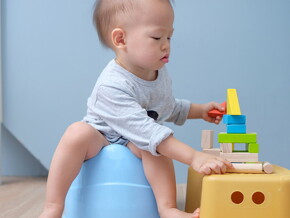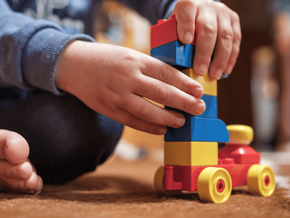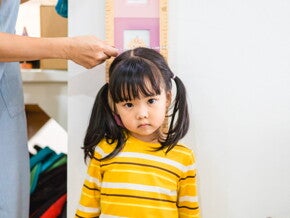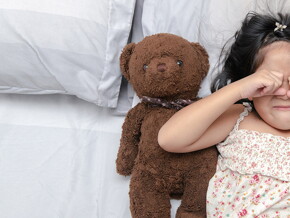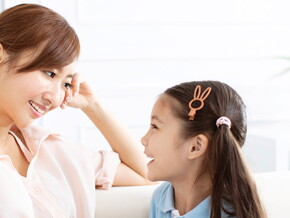
Boost Your Child’s Learning Abilities
Child development involves learning skills like sitting, walking, talking, skipping, and tying shoe laces. This article is useful for parents in helping their children develop these basic skills.
Your child's learning style is as unique as their fingerprints.
Child development is a process that involves learning and mastering skills like sitting, walking, talking, skipping, and tying shoeslacess. As parents, we all want our children to succeed and be the best they can be.
Learning skills aren't necessarily acquired naturally. For this reason, parents play a major role in helping their children develop basic learning skills.
- Interact. By talking, singing, playing, eating, and reading with your child, he/she will grow up feeling special and important to you. You will also learn a lot about your child's interests and skills.
- Read, read, read. Research has shown that children who are read to by their parents have a larger vocabulary than other children.1 Reading also provides children with new perspectives about the world we live in.
- Determine your children's learning styles. Your child's learning style is as unique as their fingerprints. Kinesthetic learners learn most effectively through direct experience. Auditory learners prefer to listen to information given orally and process the information by repeating it aloud. Visual learners process information best by picturing things in their minds and developing mental images. Encourage their natural learning styles but help them to develop the other styles as much as possible.
- Monitor and provide guidance. Encourage your child to do his/her own work. Do not give in to their requests that you do their homework. Do however, answer questions and provide suggestions.
- Make it relevant. Invite your child to talk about school on a daily basis. Look out for the good things your child does and provide positive support.
- Following directions. Give your child opportunities to do things and learn from his/her mistakes. This allows him/her to develop the skills and confidence, and also helps them to value learning.
S-26 GOLDⓇ PROGRESSⓇ is now formulated with innovative ingredients to provide our most advanced formulated milk for children.
S-26 GoldⓇ ProgressⓇ is specially formulated with sphingomyelin, DHA, 2’-FL and oligofructose. Support your child’s growth with appropriate nutrition and sufficient rest to help him Think Quick and Learn Fast.
Disclaimer: This content is shared for informational purposes only and not intended to be a substitute for professional/medical advice, diagnosis, or treatment. We recommended that you always seek the advice of your healthcare professional for any questions you may have regarding a medical condition/specific situation.
References:
- Frank Niklas, Caroline Cohrssen, Collette Tayler, The Sooner, the Better: Early Reading to Children, 2019. https://journals.sagepub.com/doi/10.1177/2158244016672715


